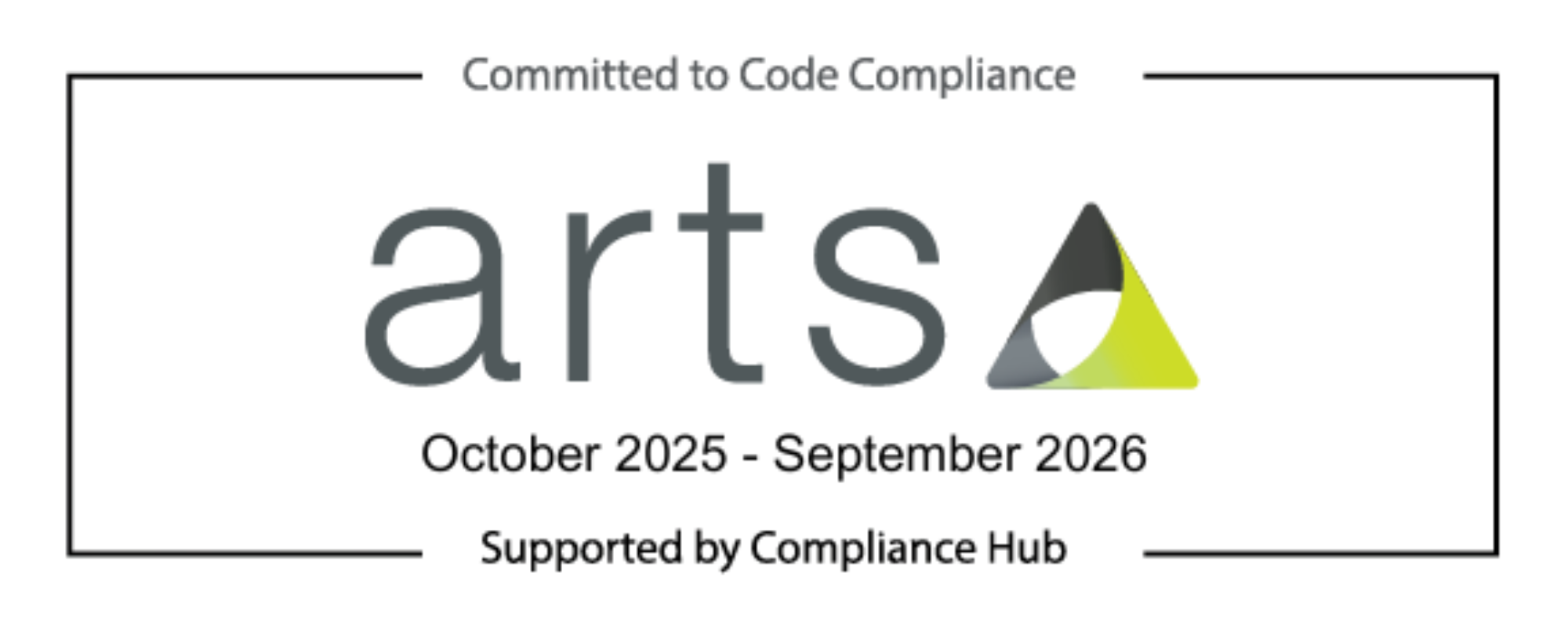Laying the foundations for reform: reflections from the Chief Pharmaceutical Officer’s keynote address May 2025
At CPC London earlier this month, Chief Pharmaceutical Officer for England David Webb delivered a compelling keynote celebrating the achievements in pharmacy and looking toward its future direction within the NHS. The presentation offered a comprehensive look at how pharmacy professionals are driving transformation, particularly in relation to the NHS 10-Year Health Plan and implementing the three shifts.
Looking toward 2025/26, Webb outlined the role for pharmacy in these three shifts: moving care from hospital to community, focusing on prevention rather than treatment, and optimising medicines use across the system. These reflect the integration of NHS reforms from the soon to be published 10-year plan.
The first shift centres around moving care from hospital to community settings. Webb’s address emphasised reimagining how care flows across settings, detailing initiatives to accelerate hospital discharge processes through enhanced medicines reconciliation and seamless transfer of care. Webb highlighted how community pharmacy's expanded clinical role, evidenced by over 2.2 million Pharmacy First consultations, alongside the growing clinical role of Pharmacy Technicians, creates capacity throughout the system. There will be a focus on managing frail and vulnerable patients in primary care settings, with pharmacy teams establishing themselves as increasingly central to multidisciplinary neighbourhood care. This establishment of pharmacy services in neighbourhood settings will be crucial to realising this vision of care closer to home.
Webb devoted significant attention to the fundamental shift from treatment to prevention. He discussed innovative approaches that link pharmacy locations with public health data, enabling the commissioning of targeted interventions for maximum impact. A centrepiece of this preventative approach is the phased introduction of Tirzepatide in primary care for prioritised cohorts of patients at high risk of weight-related complications. He demonstrated how pharmacy teams are uniquely positioned to identify, engage and support those who would benefit most from preventative interventions. To facilitate this move towards prevention, it will require not just new medicines, but new models of care delivery with pharmacy teams across different care settings becoming a strategic asset.
Finally, addressing medicines optimisation, Webb identified the key initiatives to enhance medicines value while improving outcomes. The £105 million investment in injectable medicines infrastructure aims to increase capacity through ready-to-administer preparations, while adoption of best-value biologicals and increased generic prescribing of DOACs could potentially free up to £1 billion for reinvestment. Above all, this needs to be reinforced by enhanced antimicrobial stewardship strategies to protect patients from potential medicines harm.
With nearly 18,000 independent prescribing pharmacists now serving patients across England and continued investment in workforce development, Webb expressed confidence that pharmacy professionals are well-positioned to drive the vision outlined in the 10-Year Health Plan. To navigate the uncertainty of the next few months and transition, senior pharmacy professional leadership will continue to support the implementation of transformational initiatives by working together to lead whole-system delivery of the best and most cost-effective outcomes for people from medicines and delivering improved patient outcomes.


 London
London


